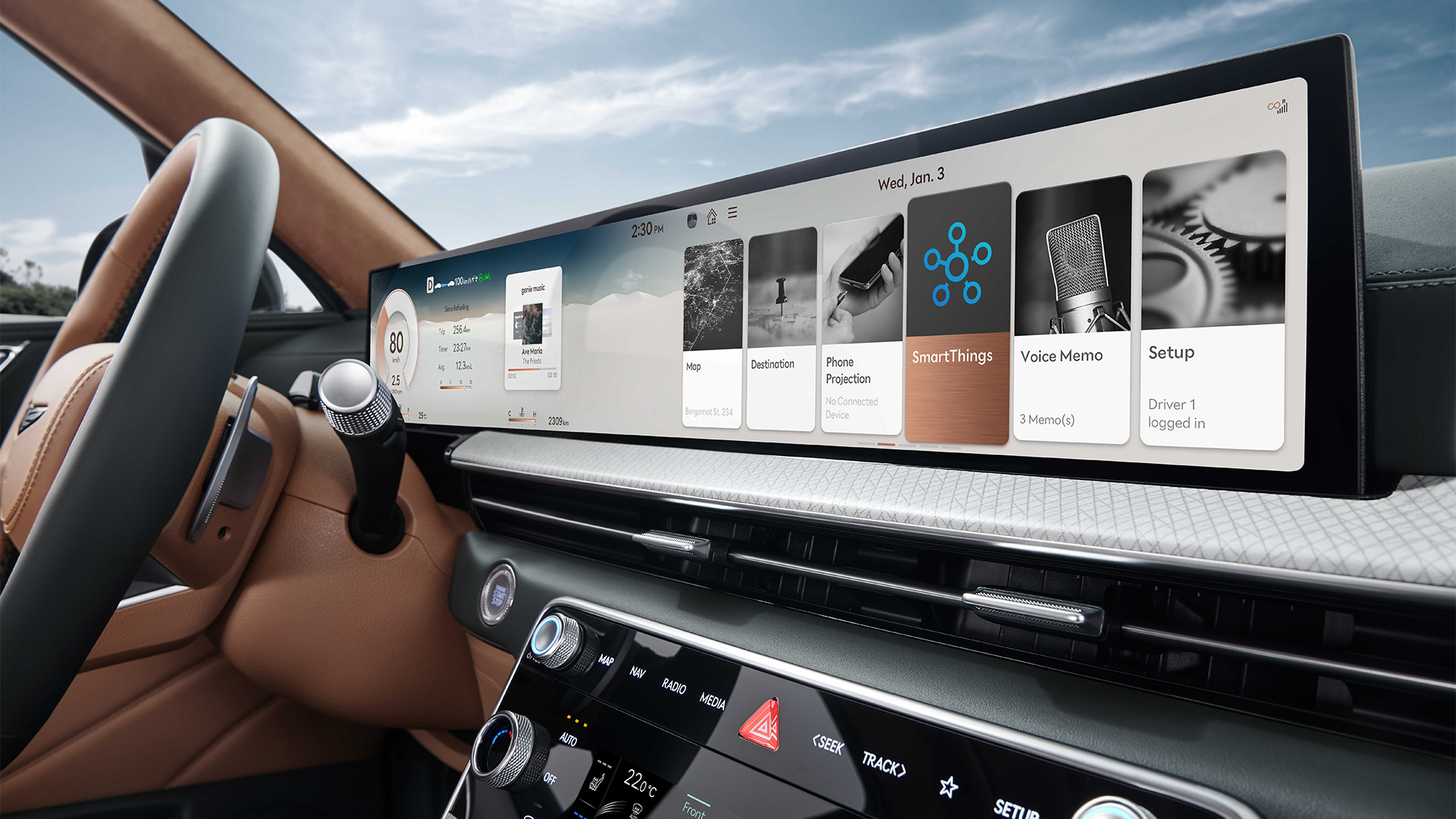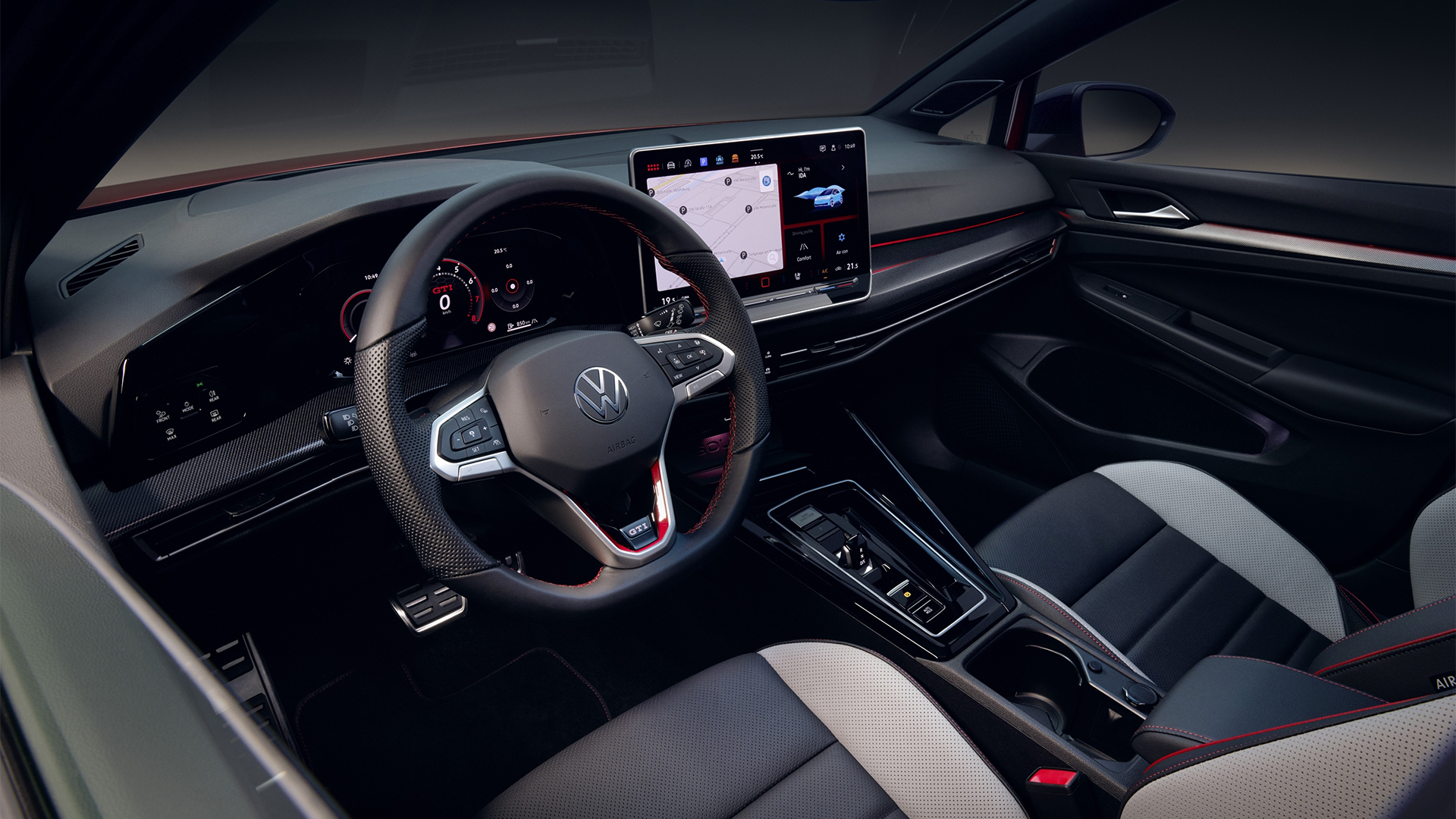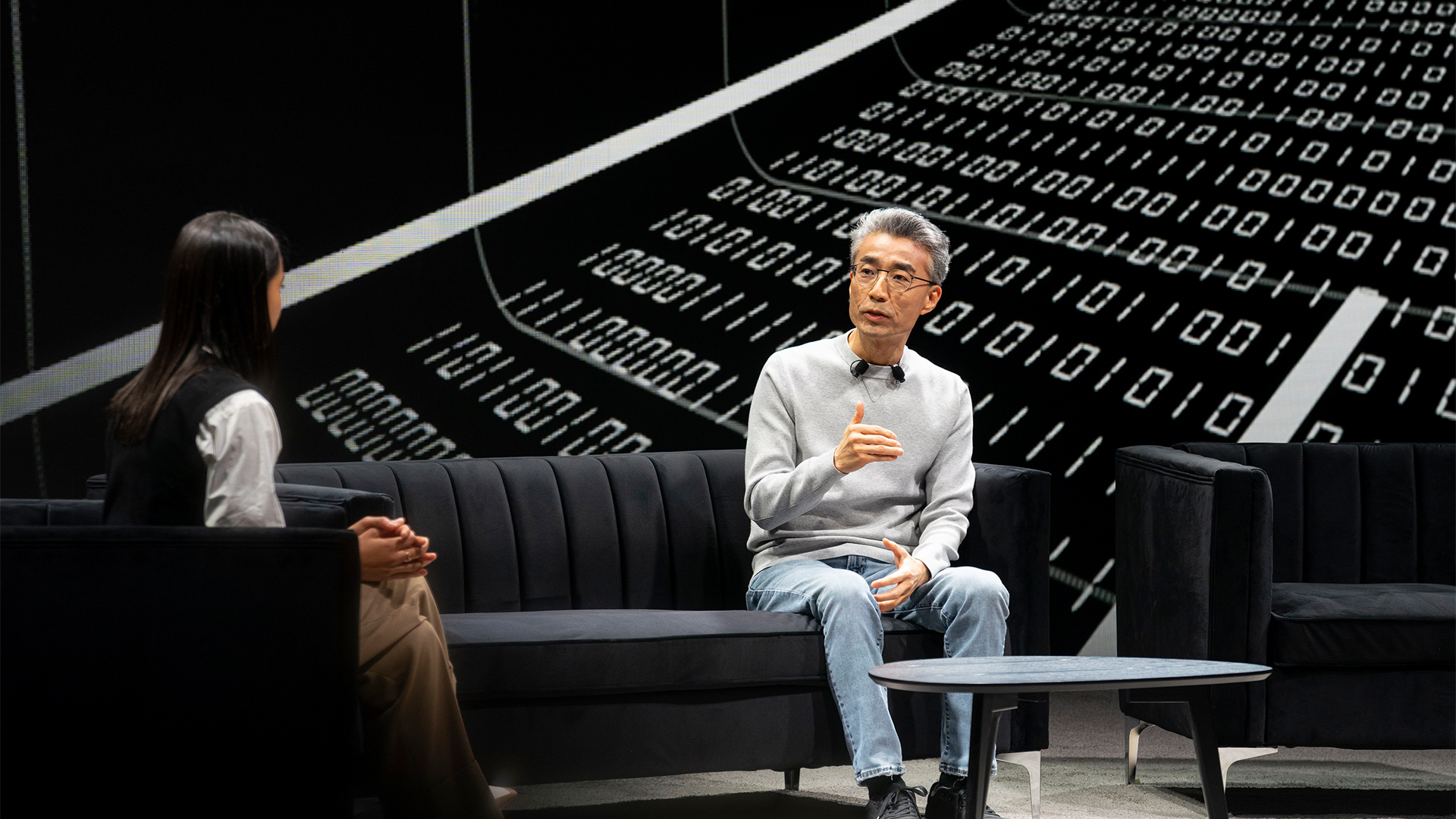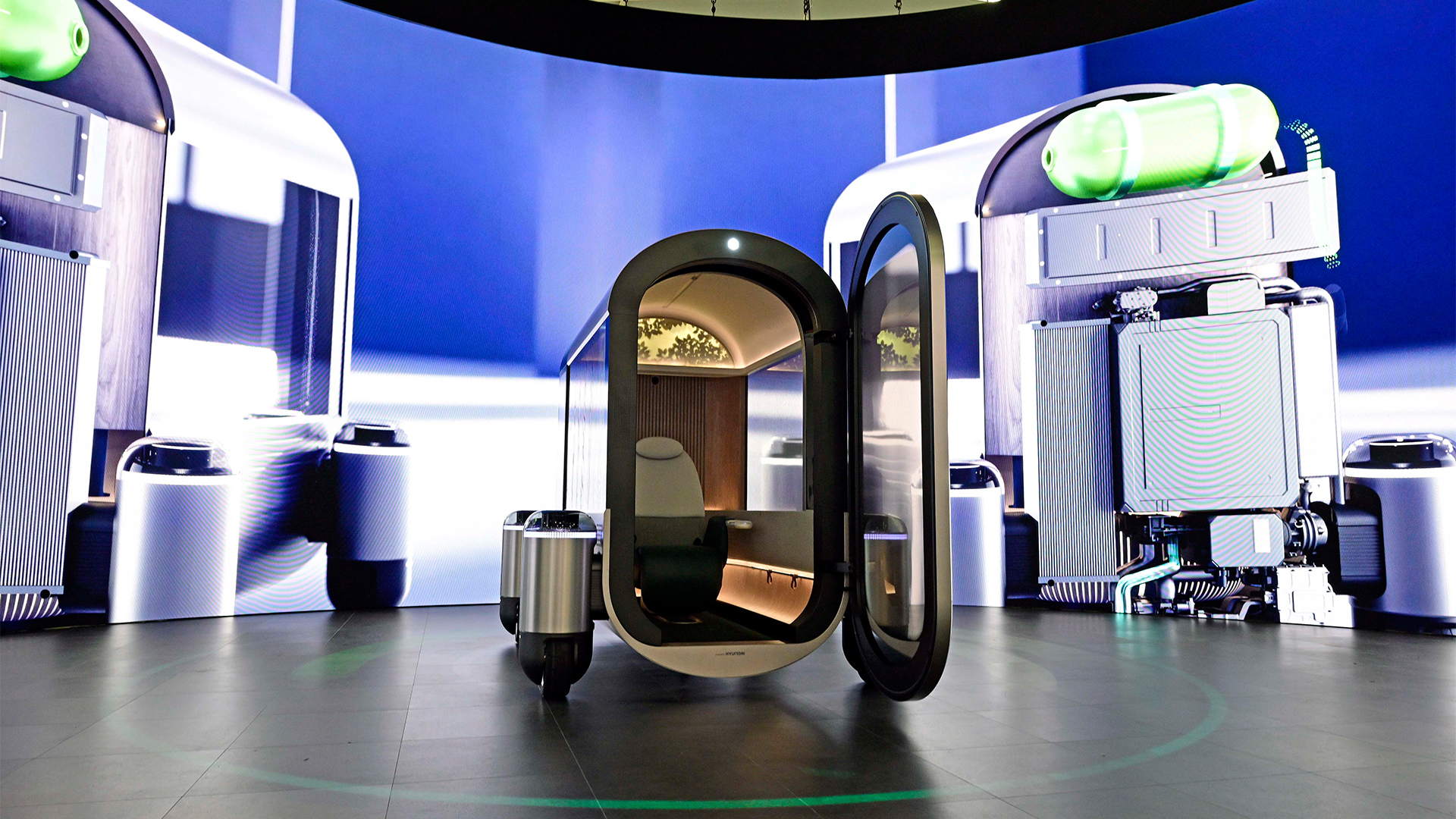Hyundai is building its own in-car AI system – and it actually sounds like a good idea
New OS, app marketplace and AI assistant to arrive in 2026

Hyundai Motor Group says it's going to release a purpose-built Large Language Model (LLM) that will form part of a new infotainment operating system and AI voice assistant in its upcoming passenger cars.
Chang-Hyeon Song, president and Head of the New Transportation-as-a-Service (TaaS) Division within the Hyundai Motor Group, told TechRadar in an exclusive interview that his division was already working alongside Naver, which Song refers to as "the Google of South Korea", to cooperate on building out its current LLM model for use in future Hyundai models.
"The issue with current LLMs is that they don’t have access to vehicle data," Song told us during a discussion at this year's Consumer Electronics Show in Las Vegas.
"These models don’t have access to phone contacts, they don’t have access to vehicle settings and driver data, meaning current models can’t give users all of the answers," he says.

This year’s CES 2024 was peppered with Large Learning Model announcements and press releases outlining upcoming AI assistants in vehicles. Volkswagen and Mercedes-Benz were arguably the most vocal, with the former announcing that, alongside fellow Volkswagen Group brand Skoda, it would introduce ChatGPT into its vehicles.
However, VW made it very clear that ChatGPT would not gain access to vehicle information; instead, its IDA voice assistant would handle vehicle requests.
Song said he wanted to create a 'hybrid' system that would send generic questions out to Naver and other such AI chatbot providers for answers, but would also use the likes of Mapbox’s MapGPT’s location-intelligent AI voice assistant for conversational navigational requests and Hyundai's in-house developed voice assistant for vehicle functionality. The idea is that everything works in harmony, in theory.
Get daily insight, inspiration and deals in your inbox
Sign up for breaking news, reviews, opinion, top tech deals, and more.

Song didn't divulge details, but a recent announcement from Mapbox stated that the pair are already working on a solution that will "enable drivers to use voice commands to control in-vehicle systems, including climate control, windows, and music", as well as integrate popular external apps such as OpenTable and TripAdvisor into the upcoming navigation system, which Song says will arrive with a new infotainment platform in 2026.
"I like CarPlay, but at the moment, we can’t give that system access to vehicle data,” Song told us. "I want our upcoming infotainment system to be as CarPlay-like as possible, where everything is taken care of in one ecosystem and by one voice assistant," he added.
Song, a former employee of Apple and Microsoft, is also the founder of Naver Labs, the R&D unit of South Korea’s biggest web search engine and global ICT brand Naver, which goes some way to explain his decision to harness Naver's existing research into LLMs.
Software everywhere
Beyond infotainment upgrades, Song's talent in the tech industry (he is CEO of autonomous transportation-as-a-service startup 42dot) has been called upon to realize the Hyundai Motor Group’s 'Software-defined Everything' (SDx) strategy, which looks to transform "all moving devices, fleets and ecosystems into valuable assets through advanced software and AI," according to the brand.
This will have a huge impact on Hyundai’s next big step, which will take it beyond the the privately-owned vehicles of today and into a fully autonomous future.
"The focus of the next two years is to introduce a new infotainment system platform with integrated AI assistant and offer an app marketplace to customers," Song explains, as he brings the conversation back to the present.

"To do this, we are opening our API to third-party developers and saying 'here is our data, try and improve on what we have and take advantage of what we have built', so we can develop a killer app that uses the vehicle data to offer more to the user. I think that’s what distinguishes us from many other OEMs, the fact we are being open," he adds.
When quizzed whether Hyundai is the first to do such a thing, Song mentions Mercedes-Benz and the work the German automotive giant is undertaking on its own MB.OS platform, one that also promises to link vehicles to the cloud and the IoT. There was also no word on what the 'killer app' would be.
"Initially, the marketplace will offer services, such as User Based Insurance, which uses the vehicle data capabilities I mentioned, but we don’t want to offer too many features too soon. We want the initial features to be tightly integrated with the vehicle," Song adds.
You might also like
- What’s in store for EVs in 2024? Massively better charging and exciting new cars - and we can't wait
- The best EV and car tech of CES 2024: from Honda, BMW, Mercedes and more
- The future of EV batteries? Lamborghini licenses new organic, fast-charging battery tech – and it could trickle down to cheaper EVs

Leon has been navigating a world where automotive and tech collide for almost 20 years, reporting on everything from in-car entertainment to robotised manufacturing plants. Currently, EVs are the focus of his attentions, but give it a few years and it will be electric vertical take-off and landing craft. Outside of work hours, he can be found tinkering with distinctly analogue motorcycles, because electric motors are no replacement for an old Honda inline four.